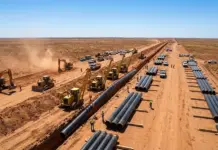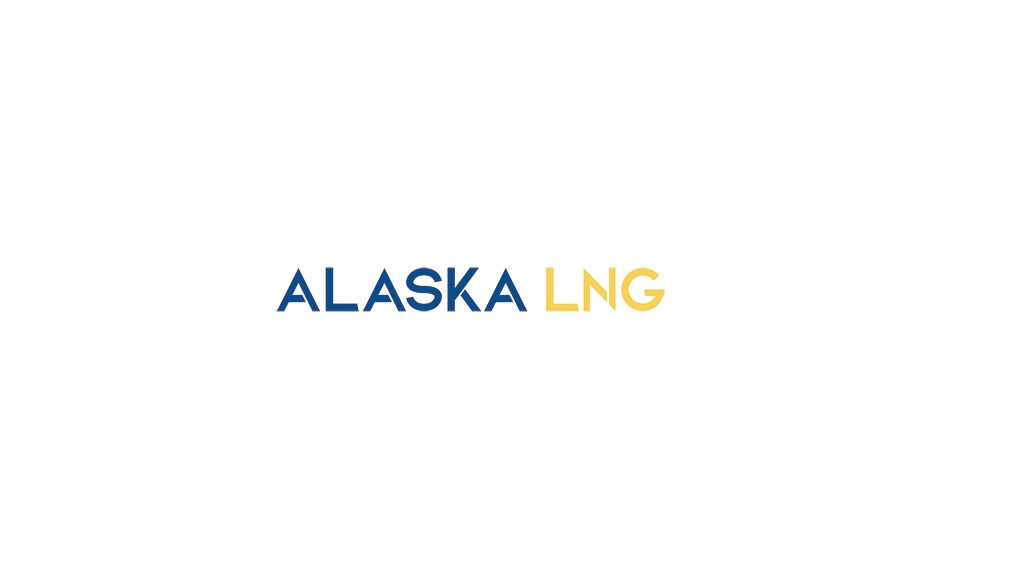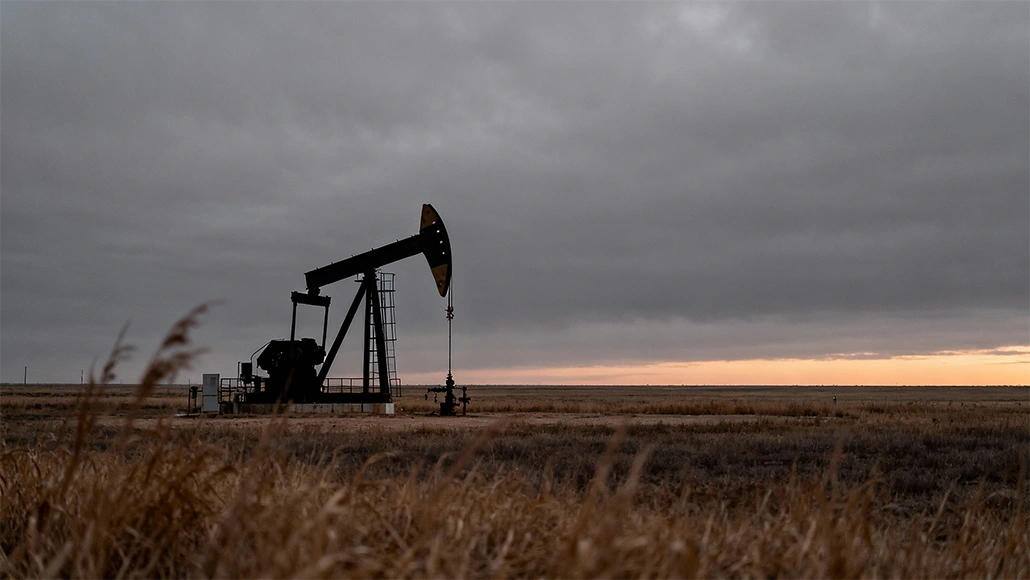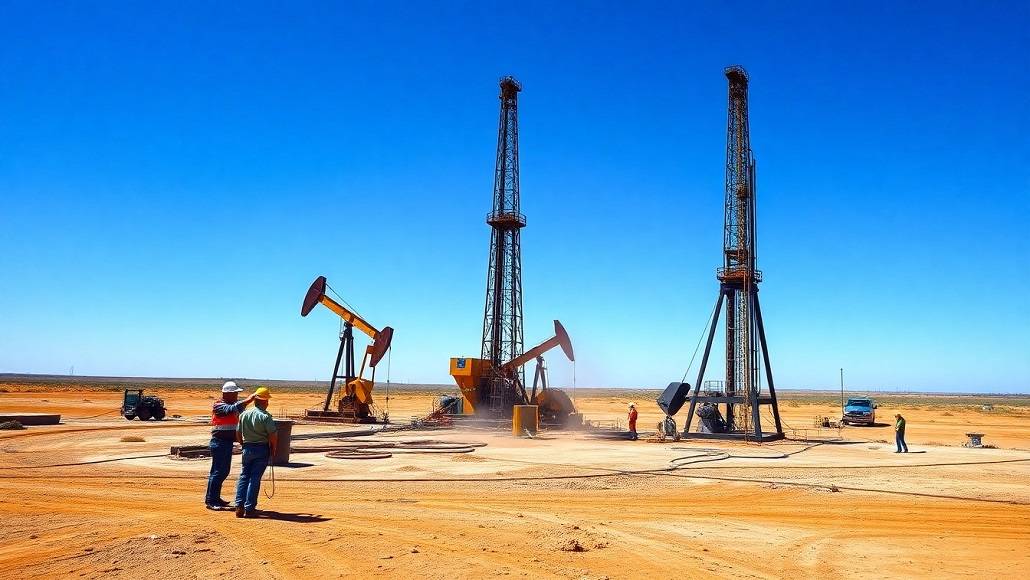A climate advocacy group says oil and gas representation on the boards of Canada’s big public pensions raises concerns about conflicts of interest.
In a new report released, Shift said that as of June 1, the boards of five of Canada’s largest public sector funds had members who are also involved with fossil fuel companies.
The pension-dedicated group contends that funds have a legal obligation to serve beneficiaries’ long-term best interests and that fossil fuel company interests may compete with attempts to manage with climate-related risks and cut emissions.
“It’s easy to see how fossil fuel company directors could potentially find themselves with real or perceived conflicts, and how such conflicts, if not addressed, could undermine prudent pension governance,” said Shift executive director Adam Scott in a statement.
The fund, which recently withdrew its commitment to achieving net-zero financed emissions by 2050, completely dismissed the report’s concerns raised by Shift.
The report that showed Canada’s fossil fuel industry ties to Pension Boards states that CPP Investments, the country’s largest pension fund, has the second-highest level of representation with three in ten of its board members having industry connections.
“The report is nonsense,” said Michel Leduc, global head of public affairs and communications at CPP Investments, in a statement.
“We seek out the most seasoned professionals to undertake a complex role of overseeing the management of a global investment organization … The energy sector’s total GDP contribution to Canadian economic activity is disproportionately significant and that’s precisely where you find top governance experience in Canada with a view to the best interests of contributors and beneficiaries.”
Other pensions the group identified with cross-appointments are the Ontario Teachers’ Pension Plan, Public Sector Pension Investment Board, Alberta Investment Management Corp. and Ontario Municipal Employees Retirement System.
AIMCo, in which the Alberta government removed the entire board last year and appointed new members, had the most industry representation at a third, or two out of six members.
The members of the pension fund are chosen through a “rigorous appointment process and are subject to AIMCo’s Code of Conduct,” spokeswoman Carolyn Quick stated.
Other funds did not have an immediate response to a request for comment.
Shift reported that altogether, nine of the current board members of the funds serve on the boards or executive staffs of 12 oil and gas producers, or investment companies specializing in the industry.
Canada’s fossil fuel industry ties to Pension Boards showed that the total number of boards with fossil fuel membership has reduced from seven to five since its previous report in 2022.
The boards of Healthcare of Ontario Pension Plan, Investment Management Corporation of Ontario and CDPQ no longer include fossil fuel membership, it added.


























